The Water Crisis
Without clean water, education cannot thrive, gender inequality grows, economic activity becomes stagnant, and development is stifled.
Without clean water, education cannot thrive, gender inequality grows, economic activity becomes stagnant, and development is stifled.
Water scarcity is both a natural and a human-made phenomenon. There is enough freshwater on the planet for seven billion people but it is distributed unevenly and too much of it is wasted, polluted and un-sustainably managed. (UN)
Nearly 2.2 billion people globally lack reliable access to safely managed drinking water. (WHO and UNICEF, 2019)
Almost 40% of those without an improved source of drinking water live in Sub-Saharan Africa. (UN 2014)
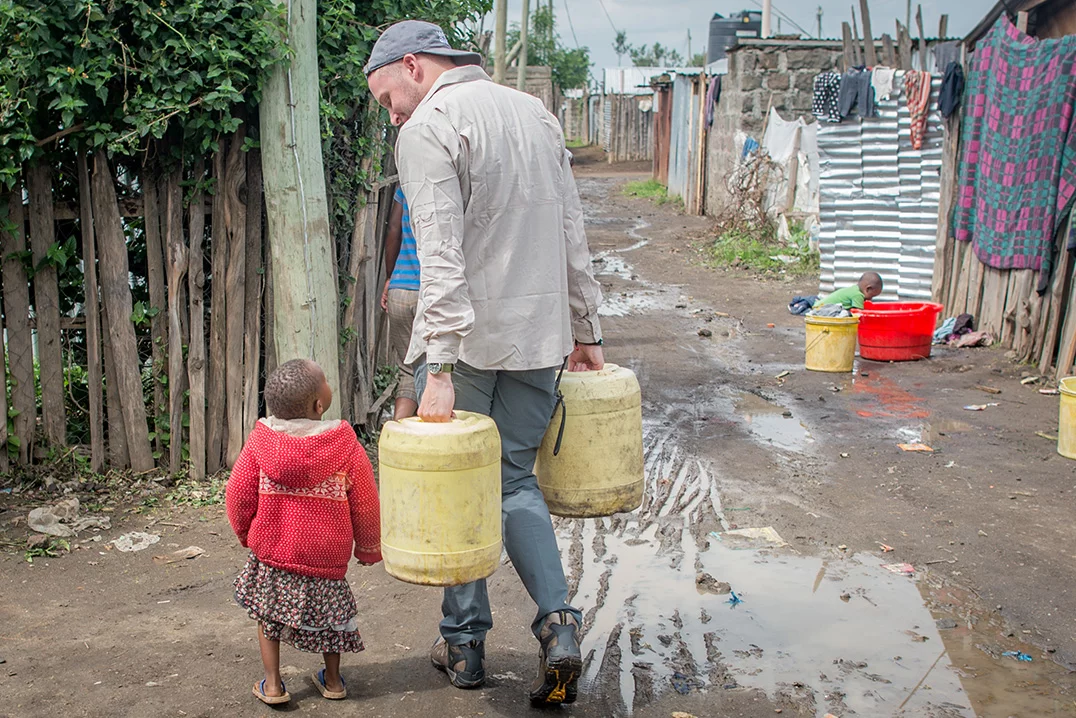
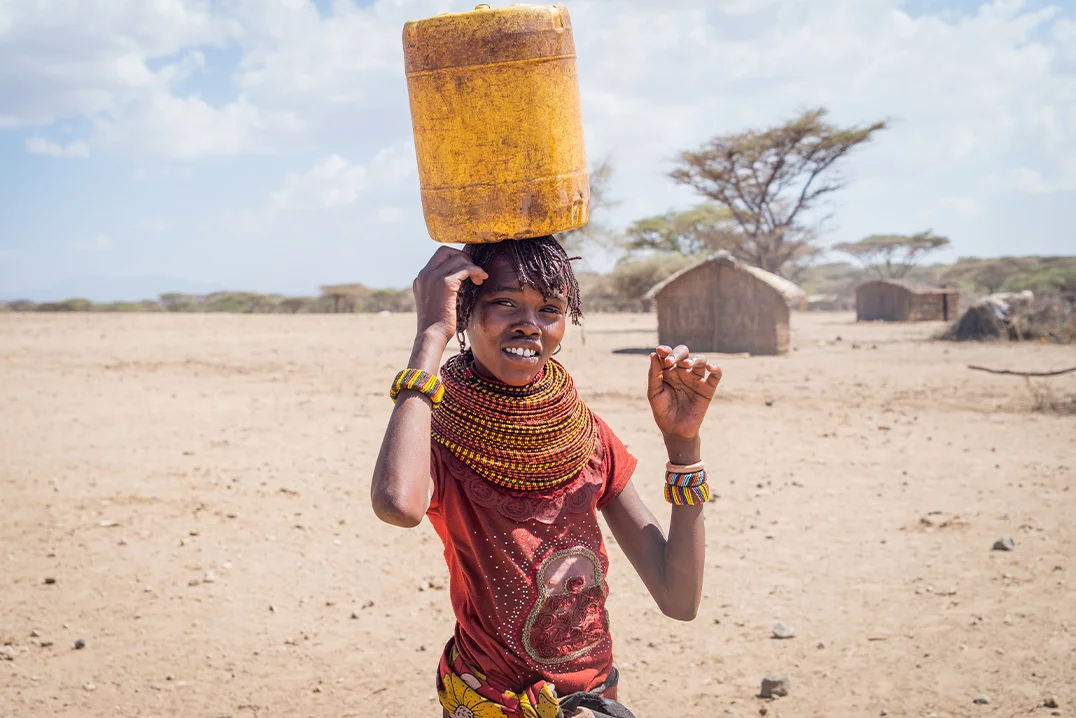
Women and girls are responsible for water collection in 8 out of 10 households where water is not piped into the home. (WHO and UNICEF, 2017)
Women and girls in developing countries walk an average of 3.5 miles every day to fetch water. (USAID, 2013)
Lack of sanitation facilities (with clean water) for girls reaching puberty makes them more likely to miss school than boys. (WHO and UNICEF, 2019)
Contaminated water can transmit diseases such diarrhea, cholera, dysentery, typhoid, and polio. Contaminated drinking water is estimated to cause 485,000 diarrheal deaths each year. (WHO)
The impact on child mortality rates is devastating with more than 297,000 children under five who die annually from diarrhoeal diseases due to poor sanitation, poor hygiene, or unsafe drinking water. (WHO, 2019)
Water scarcity negatively impacts the availability of hand washing facilities. 1 in 3 people, or 2.3 billion, around the world lack basic hand washing facilities at home. (WHO and UNICEF, 2021)
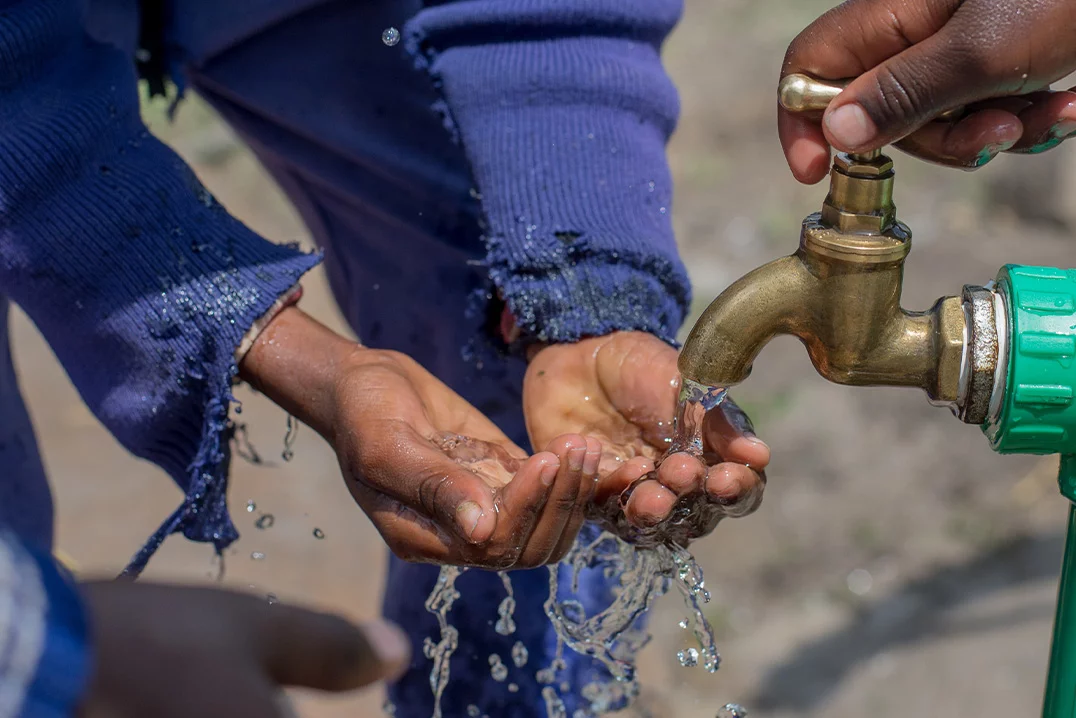
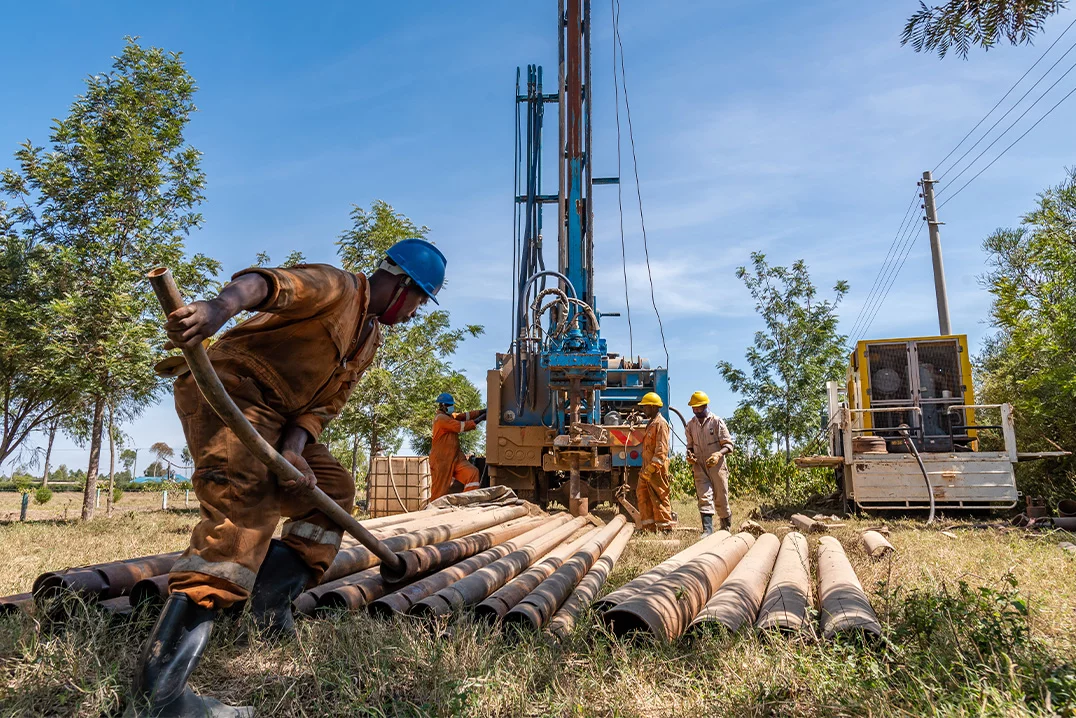
60% of water projects in Africa fail on average, forcing communities to return to unsafe water sources.
Less than 5% of water projects are visited after they’re constructed, and less than 1% are monitored long-term, (World Bank, 2011).
Communities where water projects fail are often not provided with the training and support required to maintain and manage their water systems.
Because of the education, maintenance, and support provided before and after water projects are implemented, 100% of Well Aware’s water systems continue to provide lasting clean water to their respective communities.
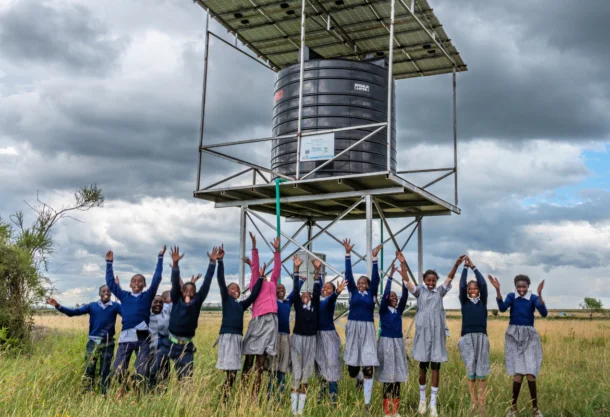
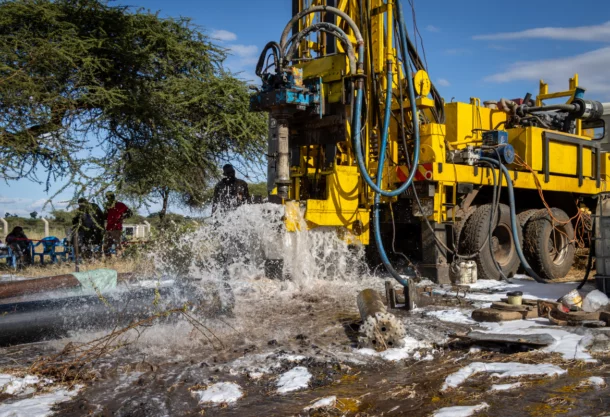
Two years since their clean water project was installed, happier, healthier children and a hopeful, productive community have become the new norm in Oloile.Read More
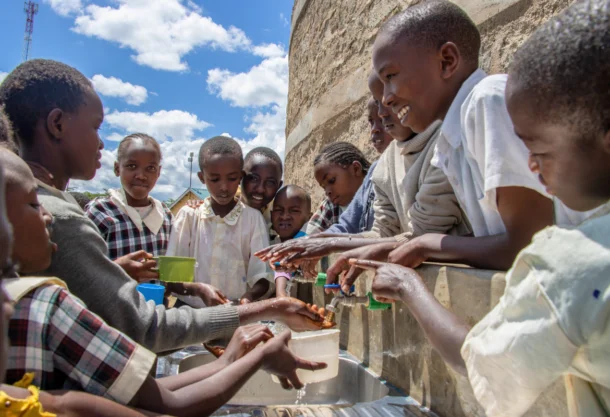
After installing a rainwater collection and purification system in 2023, we are excited to report the student population has grown to 881 children, demonstrating the positive impact of access to clean water.Read More
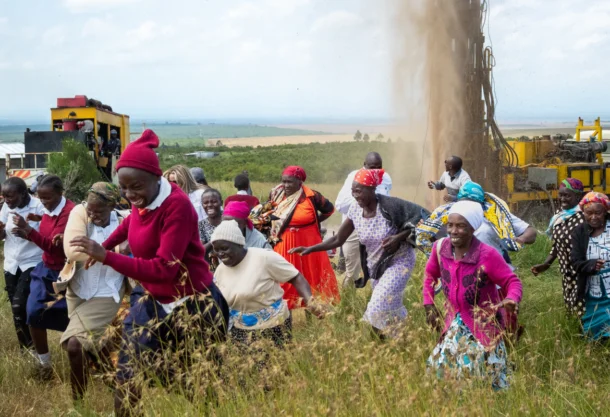
This past summer, Well Aware drilled boreholes in two communities, providing them with lifelong access to clean drinking water. One of the communities that was a recipient of a water project is Nyakio Secondary School.Read More

Despite its picturesque location, Kahuho faced severe challenges that may not have been immediately noticeable to casual observers. This borehole represents not just a solution, but a symbol of a brighter future.Read More
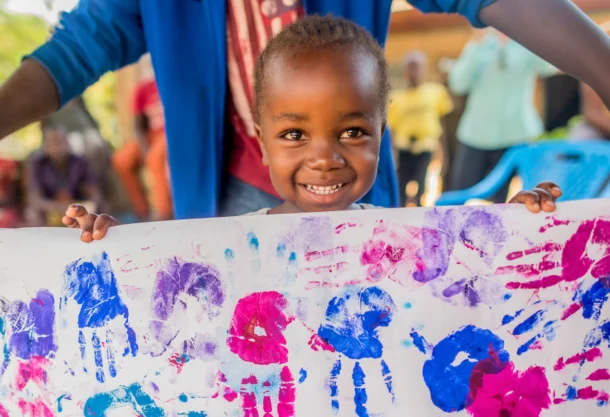
Mutune Primary Girls School, located in Kitui County, Kenya, stands as an educational haven for 600 students, half of whom are full-time boarders. However, the school faces a pressing water challenge.Read More